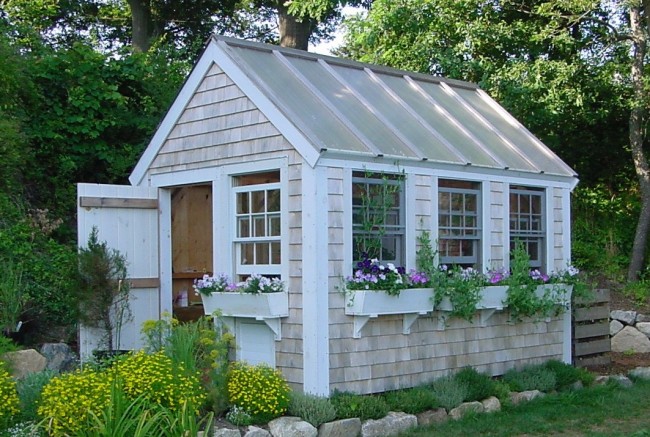
Looking for a simple way to reduce waste and give your landscape a boost? Composting is an excellent option that allows you to do both. By placing organic materials in a bin, you can create your own seasonal mulch, fertilizer and, if you plan on reseeding, top-dress. Over time, your compost can improve the quality of your soil, making it easier to maintain and care for your lawn and garden. Ultimately, it’s a great way to improve your home’s curb appeal at no cost to you.
What is Composting?
Composting occurs when you place natural organic material in a bin – such as eggshells, coffee grounds, grass trimmings and banana peels – and let it break down naturally. One of the best parts about this DIY fertilizer and mulch is that you can use it all over your landscape, whether you’re nurturing the best grass for dogs or growing a stunning vertical garden. You can save major money over time: Just by itself, mulch costs between $100 and $300 for purchase and installation.
- Composting at Home
- State of Composting in the U.S.: What, Why, Where, and How
- Making Compost
- How to Compost at Home
How Can You Compost?
There are many different ways to compost. Research can help you find the best method for you. Not sure where to start? Get help from the best gardeners near you. Learn how to find and hire a gardener if you aren’t quite sure where to begin your search.
After you’ve chosen a method, take time to decide where to put your bin, as it can take a while for your heap to decompose. If you plan on composting a lot of material, consider making several smaller piles to speed up the process. Large piles can take much longer to break down.
If you are new to composting, don’t be afraid to use a compost activator to help with the decomposition process. These products can help balance out the amounts of carbon and nitrogen present in your pile. It takes time and practice to find the correct balance of materials that will decompose most efficiently, and a little assistance from an activator can help you along until you get the hang of it.
- How to Compost Food Scraps
- Make a Compost Tumbler
- Building Your Own Composting Bin
- How to Build a Compost Bin
Tips to Keep in Mind
Home composting is different for everyone, but you should generally be sure to crush or shred materials you use for composting. The smaller the pieces, the faster and more efficient the process. Keep meat, bones, fatty or starchy foods and manure out of the pile. This can attract flies, rodents or your own pets. Avoid adding any weeds, grass or plants already treated with pesticides.
You should also keep an eye out for a bad smell, which could mean there’s not enough air, or too much moisture. While some composts don’t need as much attention as others, you should still regularly maintain it.
Practice can help you understand the unique requirements for your compost pile.
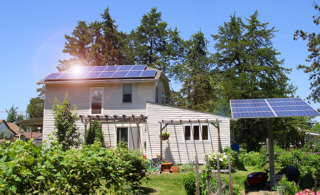 Organic Home Gardening Tips to Feed Your Whole Family
Organic Home Gardening Tips to Feed Your Whole Family 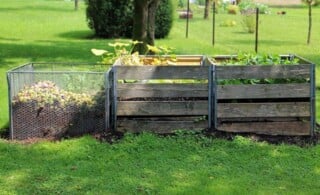 Composting and Landscaping at Home
Composting and Landscaping at Home 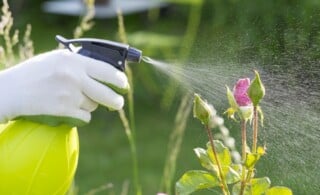 Gardening Hacks to Protect and Nourish Your Plants
Gardening Hacks to Protect and Nourish Your Plants 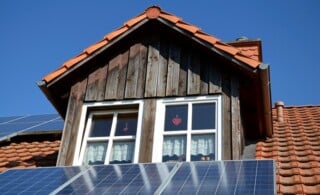 Home Energy Conservation for Kids
Home Energy Conservation for Kids 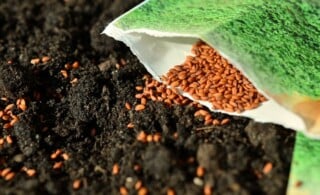 Home Gardening Tips: From Composting To Herb Gardens
Home Gardening Tips: From Composting To Herb Gardens 

Watch out for your neighbors! Educate them first & make sure no objections rise. “Neighbors from hell” can city code you to death & ruin your life.
There are many ways to hide a compost pile such that neighbors will never know that it is a compost pile.
Good information. From our experience:
1) we love manure in our compost piles – bring it on. There is a manure hierarchy (llamas at top, horses bottom).
2) We do not recommend compost activators notwithstanding your own home collected yellow liquid.